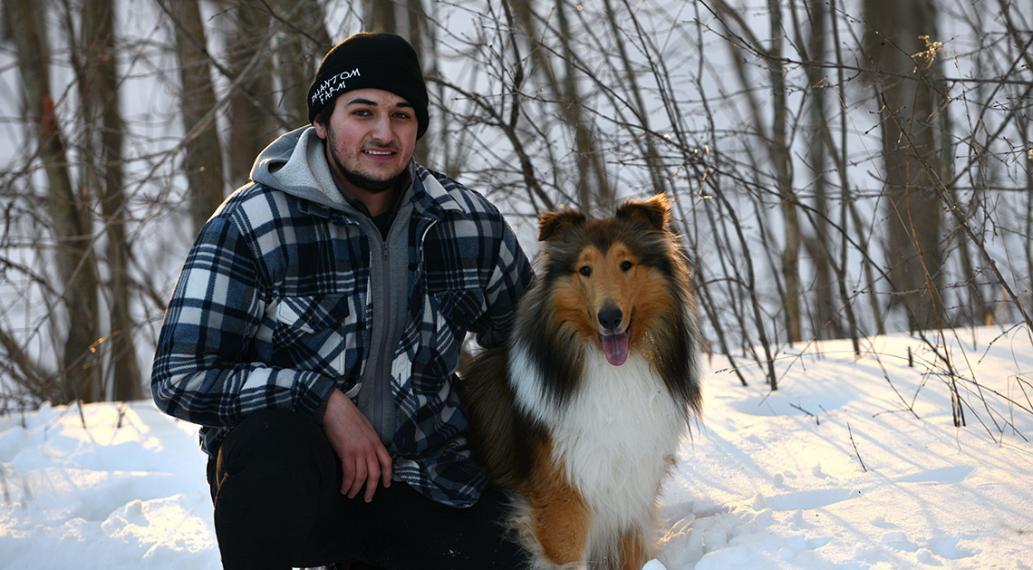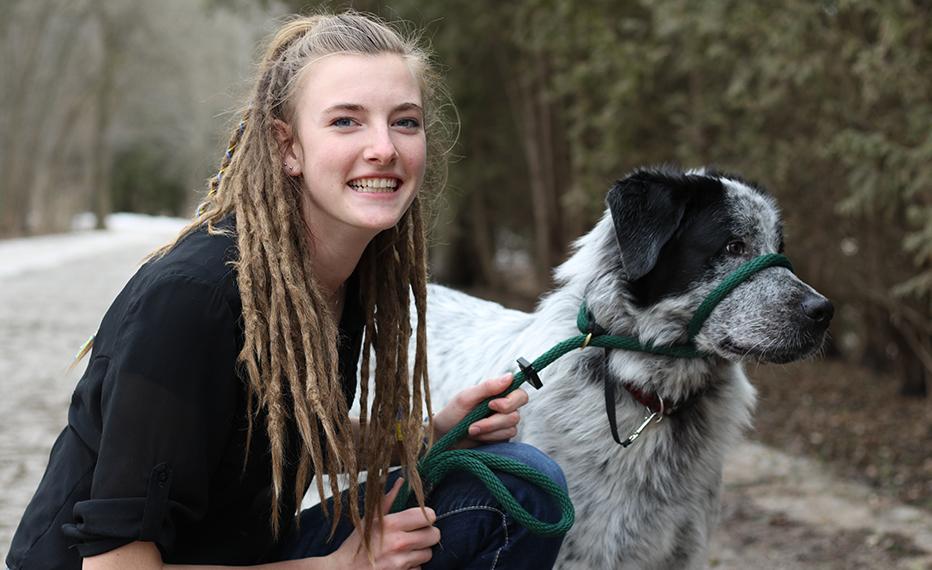
My landscape architecture internship
In LARC*4620 (Landscape Architecture Internship), students in the bachelor of landscape architecture (BLA) program can engage in a paid experiential learning opportunity working in a professional office, while receiving mentorship by a registered landscape architect.




